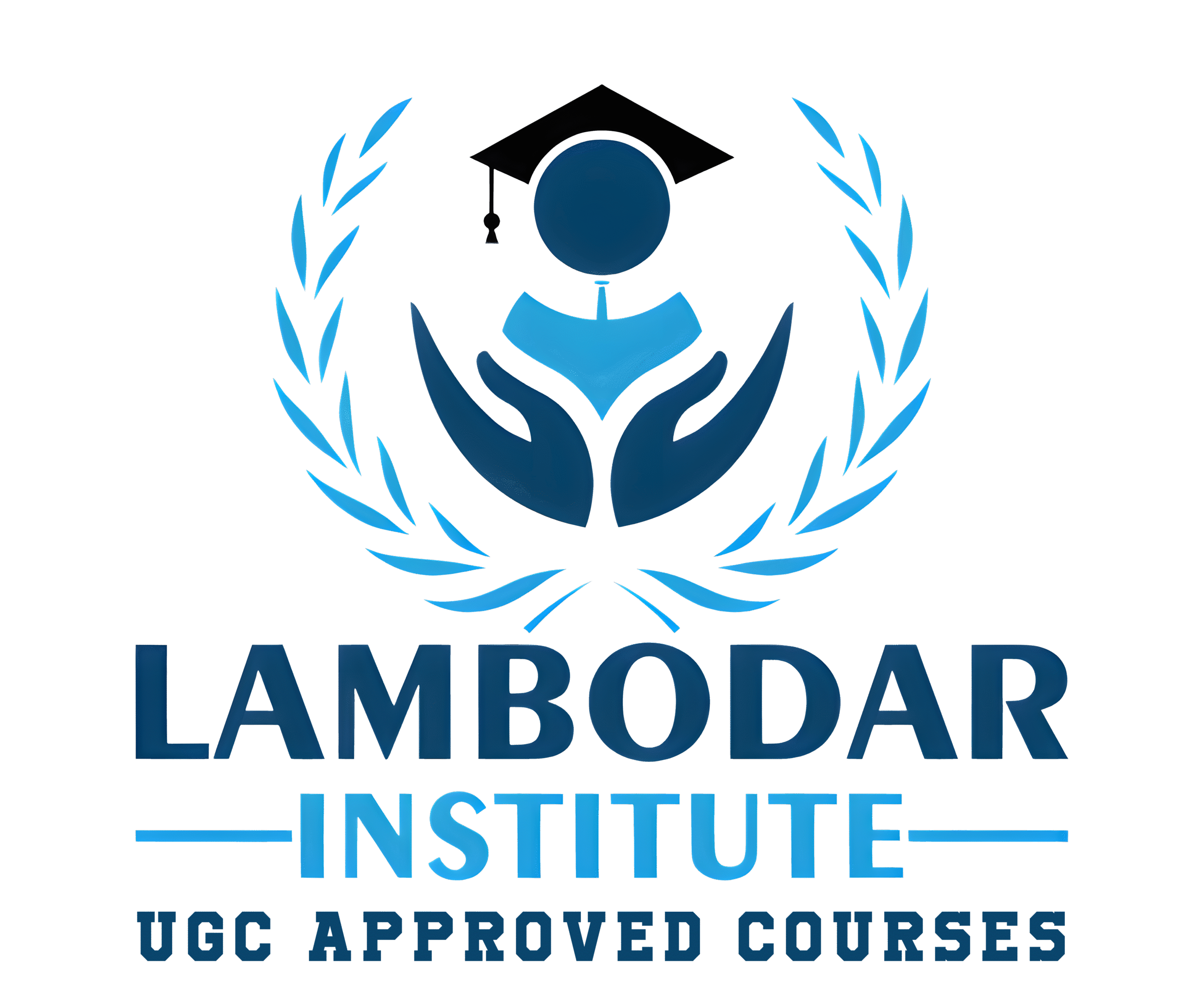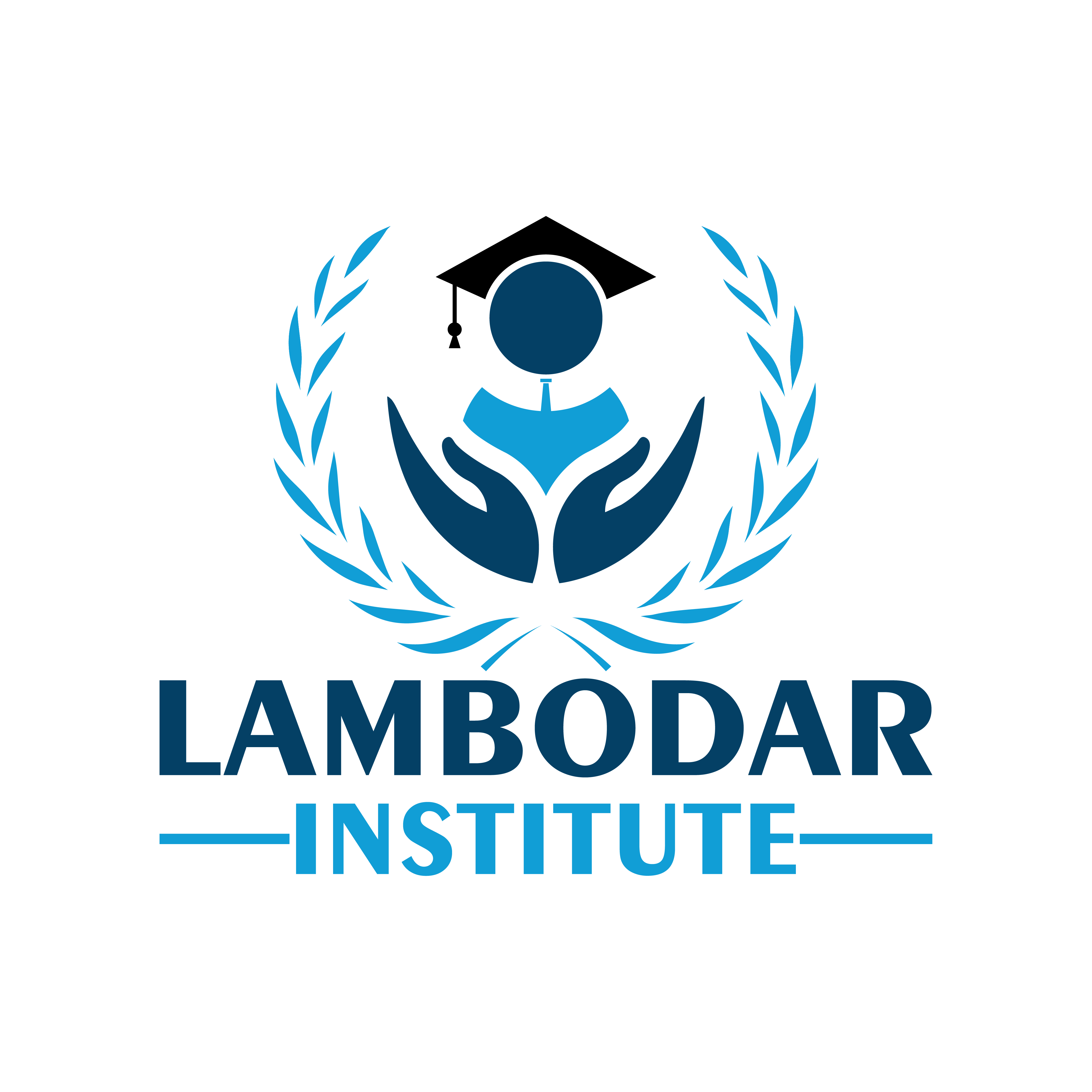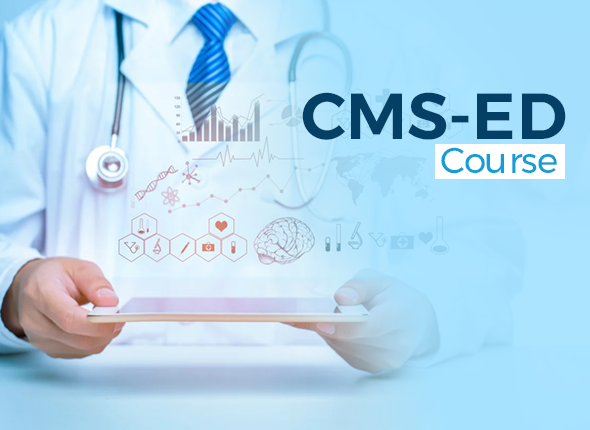The Bachelor of Electro-Homeopathy Medicine and Surgery (BEMS) at Lambodar Institute is an undergraduate program designed to train students in the principles and practices of Electro-Homeopathy, a branch of alternative medicine that focuses on restoring the body’s balance through natural remedies. Electro-Homeopathy combines aspects of homeopathy with plant-based treatments and aims to treat diseases by balancing the lymph and blood systems. This five-and-a-half-year program provides a deep understanding of the body’s self-healing mechanisms and equips students with the skills to diagnose and treat various ailments using natural, non-toxic remedies.
The BEMS program at Lambodar Institute is committed to providing a holistic education, emphasizing the integration of traditional and modern techniques. Graduates of this program are equipped to practice Electro-Homeopathy in clinics, wellness centers, or private practice. The curriculum includes both theoretical knowledge and practical training, preparing students for a career in alternative medicine focused on enhancing health and wellness through natural means.
Course Content
1. Anatomy and Physiology:
Students are introduced to the structure and functions of the human body, which is essential for understanding how Electro-Homeopathy treatments work to restore health by addressing imbalances in bodily systems.
2. Materia Medica (Electro-Homeopathic Remedies):
This module covers the various Electro-Homeopathic medicines derived from plant extracts. Students learn about their properties, uses, and how they interact with the body to promote healing.
3. Principles of Electro-Homeopathy:
Students explore the foundational theories of Electro-Homeopathy, including the balance of the lymphatic and blood systems, the treatment of diseases by restoring homeostasis, and the holistic approach to healing.
4. Pathology and Microbiology:
This subject covers the study of diseases, their causes, and how they affect the body’s systems. It also includes microbiology, focusing on pathogens that can disrupt the body’s balance and how Electro-Homeopathy can address these conditions.
5. Pharmacology of Electro-Homeopathy:
Students learn about the pharmacological principles behind Electro-Homeopathic medicines, including dosage, administration, and the therapeutic effects of these remedies on the body.
6. Clinical Diagnosis and Case Management:
This module teaches students how to diagnose health conditions and manage patient care through Electro-Homeopathic treatments. Emphasis is placed on patient assessment, treatment planning, and monitoring progress.
7. Therapeutics and Treatment Methodology:
Students explore various treatment methodologies within Electro-Homeopathy, learning how to apply these methods for a wide range of acute and chronic conditions.
8. Surgery Principles (Minor Surgery):
Though Electro-Homeopathy focuses on non-invasive treatment, this module provides basic knowledge of minor surgical procedures when necessary, along with wound care and first aid.
9. Biochemistry:
This subject focuses on the biochemical processes in the body and how they are influenced by Electro-Homeopathic remedies. Students gain a deeper understanding of how to promote healing at the cellular level.
10. Internship and Practical Training:
The BEMS program includes an internship where students apply their theoretical knowledge in clinical settings. This hands-on experience is crucial for developing the skills needed to practice Electro-Homeopathy effectively.
Graduates of the BEMS program from Lambodar Institute are equipped with the knowledge and skills to provide alternative healthcare solutions, focusing on natural and non-invasive treatments to restore and maintain health.
D.VOC (Diploma in Vocation) Courses
Courses Available (With Duration and Fees):
| Course Name | Duration | Annual Fees | Total Fees |
|---|---|---|---|
| Medical Lab Technician (DMLT) | 2 Years | ₹40,000 | ₹80,000 |
| Operation Theatre Technician (OTT) | 2 Years | ₹40,000 | ₹80,000 |
| Radiology Technology | 2 Years | ₹40,000 | ₹80,000 |
| Dialysis Technician | 2 Years | ₹40,000 | ₹80,000 |
| General Duty Assistant (GDA) | 1 Year | ₹40,000 | ₹40,000 |
B.VOC (Bachelor of Vocation) Courses
| Course Name | Duration | Annual Fees | Total Fees |
|---|---|---|---|
| Medical Lab Technology (MLT) | 3 Years | ₹50,000 | ₹1,50,000 |
| Radiology & Imaging Technology | 3 Years | ₹50,000 | ₹1,50,000 |
| Operation Theatre Technology | 3 Years | ₹50,000 | ₹1,50,000 |
| Dialysis Technology | 3 Years | ₹50,000 | ₹1,50,000 |
| Nutrition & Dietetics | 3 Years | ₹30,000 | ₹1,00,000 |
| Optometry | 3 Years | ₹65,000 | ₹1,65,000 |
M.VOC (Master of Vocation) Courses
| Course Name | Duration | Annual Fees | Total Fees |
|---|---|---|---|
| Medical Lab Technician (MLT) | 2 Years | ₹45,000 | ₹90,000 |
| Radiology & Imaging Technology | 2 Years | ₹45,000 | ₹90,000 |
| Operation Theatre Technology | 2 Years | ₹45,000 | ₹90,000 |
| Dialysis Technology | 2 Years | ₹40,000 | ₹80,000 |
| Healthcare Management | 2 Years | ₹30,000 | ₹65,000 |
Additional Charges (If Applicable)
| Particulars | Charges |
|---|---|
| Registration Fee (One-time) | ₹1,000 – ₹3,000 |
| Examination Fee (Annual) | ₹1,500 – ₹3,000 |
| Uniform / Lab Coat | ₹1,000 – ₹2,000 |
| Study Materials & Books | ₹2,000 – ₹4,000 |
| Hospital Visits | ₹3,000 – ₹5,000 |




